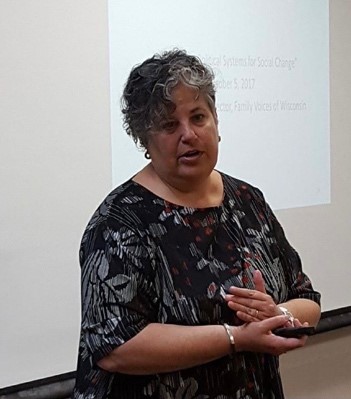U.S. House of Representatives: The House “flipped” from a Republican to a Democratic majority. The Democrats needed to gain 23 seats; they gained 27. The total count is not yet in, but the Democrats will have at least 220 seats and the Republicans 195. (218 is a majority in the House.) Since they will hold the majority, Democrats will chair all of the House committees, meaning that they will have a significant say over the content of bills within the committee’s jurisdiction.
It is expected that Rep. Frank Pallone (D-NJ), the current ranking minority member, will become chair of the Energy and Commerce Committee, which has jurisdiction over Medicaid, the Title V Maternal and Child Health Block Grant, and Family-to-Family Health Information Centers, among other health programs.
U.S. Senate: In the Senate, the Republicans retained a majority of 51, and may have a larger margin, depending on the final outcome of elections in Arizona, Florida, Mississippi, and Montana. Republicans defeated incumbent Democrats in Indiana, Missouri, and North Dakota. Republicans will thus retain the chairmanships of all Senate committees.
At this point, it is not clear who will chair the Senate Finance Committee, as current chairman Orrin Hatch (R-UT) is retiring. That committee has jurisdiction over Medicaid, Medicaid, the Title V Maternal and Child Health Block Grant, Family-to-Family Health Information Centers, Social Security and SSI, among other important programs. Senator Chuck Grassley (R-IA), who chaired the committee before, could give up his chairmanship of the Judiciary Committee to chair the Finance Committee again. If he does not choose to do so, then Senator Michael Crapo (R-ID), the next most senior committee member, would likely become chair.
Medicaid expansion: In Idaho, Nebraska, and Utah voters approved ballot initiatives to expand Medicaid. In Maine, Wisconsin, Kansas, and Michigan the candidates who won the governors’ seats support Medicaid expansion, while their opponents did not.


















